The 10 Rules of Personal Documentary Filmmaking
By Doug Block
I saw this article and feel that it helpful. Full credit to Doug Block,
This article originally appeared on Doug Block's blog, "Around the Block", in 2007 and remains one of his most popular posts. It is being re-published here without Doug's permission I hope it will promote the 2019 re-release of his critically-acclaimed documentary HOME PAGE, his first personal documentary.
Doug is the founder and host of D-Word, a popular online community of 17,000+ documentary professionals.
Mitchell Block
"Home Page" (2019 re-release)
Directed By: Doug Block, Copacetic Pictures
Official digital and dvd re-release on April 16, 2019
Official digital and dvd re-release on April 16, 2019
Anthony Kaufman invited me to speak to his NYU Contemporary Documentary class last week on the subject of the personal doc.
Just for fun, in preparation, I decided to compile a list of my Ten Rules of Personal Documentary Filmmaking.
Not that I have ten rules, exactly. Or any rules, for that matter. But I do have some strong opinions based on having made a couple of personal docs myself, as well as having helped produce a few that I consider rather magnificent examples of the genre (Silverlake Life, Jupiter's Wife and the soon-to-be-released A Walk Into the Sea: Danny Williams and the Warhol Factory).
Normally I would have tossed these opinions out in the course of the evening and they barely would have caused a ripple. But the second I announced I had TEN RULES to give the class, everyone excitedly whipped out their notebooks and took down every word. Lesson learned.
So, here they are, in no particular order of importance, my Ten Rules of Personal Documentary Filmmaking. Go ahead, whip out your notebooks...
The Ten Rules of Personal Documentary Filmmaking - Rule #1
RULE #1: Don't make it all about you (even though, of course, it's all about you)
Actually, I lied about order of importance. This, to me, is the rule of rules, the rule every other rule is rolled into. Because audiences watch a personal doc with a built-in resistance and even resentment. I'm not sure why that is. In virtually every other art form critics and audiences eagerly seek out personal works. Anyone with a reasonably dysfunctional family can pen a best-selling memoir. In the theater, many of our most honored playrights (Tennessee Williams, Eugene O'Neill, Neil Simon) write thinly-disguised autobiographies. But for some reason first-person docs are greeted with crossed arms, prove-it-to-me scowls, and an attitude of "who the fuck are you to be putting your life up there on screen?!?"
So the whole art of the personal doc is to appear as if it's not really so much about you. It's about your remote genius of a father who died mysteriously (My Architect). Or it's about your relationship with your mentally ill mom (Tarnation). Or it's about General Sherman's march through the south, for crying out loud.
But, honestly, in the end, it's really all about you. Your personal journey to enlightenment (and maybe a girlfriend, boyfriend or spouse, along the way).
On the other hand...
The Ten Rules of Personal Documentary Filmmaking - Rule #2
RULE #2: A personal doc is not your personal therapy.
Imagine your film playing before a packed audience on a big screen. It's not the place for getting even with nasty ol' mom and dad, believe me. It's not for whining about your rotten childhood. It's not the vehicle for getting the attention you've desperately craved all your life.
Whether it's a personal doc or not, moviegoers want to be entertained, educated and, most of all, enthralled. They want to go along with you on your ride, not see you working through your issues. Spare us, and go see a good shrink. And save a ton of money in the process, too.
The Ten Rules of Personal Documentary Filmmaking - Rule #3
This rule might as well be rule 2A, but then I'd have to come up with 11 rules and whoever heard of doing that? It's really in line, though, with what I was saying about not working out your personal therapy on screen...
RULE #3: Don't tell us your feelings. Show or indicate your feelings.
It's so much more interesting to convey your state of mind through the language of cinema, as opposed to spoken language. Especially when it comes to narration. In 51 Birch Street, I made it a point to only talk about what was happening story-wise in the narration. My feelings were never referred to.
Which doesn't mean you don't know what I'm feeling. When you see my dad marry his former secretary so shortly after my mom's death and they lip-lock for 12 (count 'em, 12!) seconds, do you really need to hear me to say "Yuck"? Or is it better to let the audience decide for themselves that this must be profoundly uncomfortable for me?
It doesn't mean avoiding emotion, either. Just don't tell us about it. Let it come out organically through the story rather than stating the obvious.
The Ten Rules of Personal Documentary Filmmaking - Rule #4
As I've mentioned previously, for some reason audiences, buyers and critics come to first-person documentaries with a certain "show me" attitude. As in, "Go ahead, dickwad, show me you're an interesting enough person to justify spending ten bucks and the next 90 minutes of my life with!" And they seem to especially get a bug up their butt if the filmmaker appears to take him or herself too seriously. Therefore...
Rule #4: A sense of humor is essential (especially self-deprecating humor)
My own feeling is you have maybe five minutes to establish that you're an okay fella, but I say go for it right from the top. And nothing disarms viewers more than a well-timed joke or two at your own expense.
Say what you will about Michael Moore but the guy knows how to poke fun at himself. Morgan Spurlock took a little too long getting there for my taste in SuperSize Me (all those factoids about fast food, sheesh!) but he eventually delivered customer satisfaction. And there's a reason why longtime personal doc favorites like Nick Broomfield, Ross McElwee, Judith Helfand and Alan Berliner haven't worn out their welcome -- they've mastered the art of self-effacement.
The Ten Rules of Personal Documentary Filmmaking - Rule #5
It should be obvious by now that many of these so-called rules could apply to all non-fiction films, not just personal ones. For instance, even the most sober social issue documentary could be helped enormously by finding moments of unexpected humor. Well, the same goes for my next rule in spades...
Rule #5: Put your story in context.
What makes your personal story important to people outside your immediate family? Why would a viewer in France or Japan or South Africa find it relevant to their lives? Usually it's because it taps into a much larger, more universal human experience.
Even if your film is primarily about your family, what might be the larger themes? Is there something about the time period or setting it takes place in that could be further explored? Is there anyone else from outside the main story (experts on the subject, perhaps) that could add more perspective?
With 51 Birch Street, I vividly remember finishing our first rough cut right before the Christmas holiday break. When we returned, editor Amy Seplin was adamant that while the story of my parents worked pretty well, there was something missing that kept it from being more than just a "nice" story. So we turned our attention to the earlier years of their marriage, the 50's and 60's in particular, and to the stifling suburban lifestyle that contributed so much to my mother's unhappiness. It didn't take a huge amount of work to tweak things -- an archival clip or two, some photos, an additional interview. But the effect was profound. When 51 Birch Street went into release, critics considered my parents emblematic of a whole era and the film was compared favorably to the novels of Updike, Cheever and Roth.
So, you don't necessarily have to know the larger context for your story from the get-go. In fact, there are aspects you'll almost certainly discover in the process of shaping the film. But it's something you should be mulling from the beginning, since it informs much of what you'll end up shooting.
The Ten Rules of Personal Documentary Filmmaking - Rule #6
This next rule is a subtle one but I think gets to the heart of why some people are so resistant to certain first-person docs.
Rule #6: Don't make yourself out to be better than your other main characters.
By that I mean don't prove to us how sensitive you are. Don't be the pillar of wisdom. Don't go on about how much you've learned in the course of your "journey". And by all means don't make yourself seem heroic at the expense of others. Should you manage to influence Wal-Mart's ammunition policy for the better, kindly refrain from grandstanding photo ops with Columbine shooting victims.
Ok, I never said my rules were everybody's rules.
The flip side of Rule #6 is you should be ready and willing to look worse than anyone else in your film. Especially if you're dealing with your family. As mentioned previously, no one comes off well using a camera to get even with their parents. That's not to say there's no place for anger, but not when it's used to air old grievances or get revenge. It's doesn't play well because you have an unfair advantage. You're the one doing the editing.
Instead, smart personal filmmakers are often bumbling or self-effacing. Curious, perhaps, but confused. Self-doubting. Uncertain. Vulnerable. And because they are, audiences are far more willing to go along with them for the ride.
As an aside (I just can't refrain myself): We know full well that most first-person docs are about personal journeys. That's why well made ones are so fascinating. But, trust me, don't ever use the phrase "my journey" in your narration unless we see you in a plane, train or automobile.
The Ten Rules of Personal Documentary Filmmaking - Rule #7
One of the biggest challenges facing those making first-person documentaries is to figure out their own role in the film. Do they shoot it themselves or hire a camera person? Should they appear on screen or "hide" behind the camera? Will they use narration to help tell the story or not?
While I tend to prefer docs shot by the person telling the story (and it's how I do my own personal films), it's certainly a valid and time-honored tradition to be an onscreen presence in your own documentary. However, it does lead right to...
Rule #7: If you're in it, don't overstay your welcome.
Unless you're unusually charming or witty, you run a huge risk of irritating the hell out of the audience if you put your mug up there too much. The trick is to find just the right balance between making your presence felt without making it seem self-indulgent.
How do you achieve that balance? For starters, hire the best editor you can possibly afford and give her room to truly collaborate. Together, find a solid justification for each time you appear on screen and pick your spots carefully. And once you have a cut far enough along, hold a couple of small screenings (and not just with your friends) to solicit honest feedback.
Yes, there's a whole lot more to it than that. But when it comes to being in your own personal doc, it so often boils down to... less is more.
The Ten Rules of Personal Documentary Filmmaking - Rule #8
I guess it comes with the territory that aspiring filmmakers with no camera experience whatsoever are shooting their own personal docs these days. After all, hiring a camera person is expensive and high quality digital camcorders are almost ridiculously cheap. Now anyone with access to a great story can get it down on tape themselves -- and the temptation is irresistible.
However, as someone who loves watching first-person documentaries, I'm begging you...
Rule #8: If you're shooting it, learn how to shoot.
First and foremost, every camera comes with something called a manual. Read it. Learn it.
Then practice. Or, rather, practice practice practice. Practice holding the camera steady. Practice using the manual exposure. Practice moving with the camera smoothly.
And keep in mind the core vocabulary of your chosen medium. Cinematography isn't just about medium shots. The well-chosen close-up is hugely powerful. Establishing shots create context. Cutaways will save your life in the editing room. Each has its own meaning and adds to the impact of your story.
Did I mention practice?
I really don't mean to sound like a crank or a scold (or, God forbid, a film buyer!), and maybe it's just that I've been a professional cameraman for over 25 years now. But there's some really amateurish video that's made its way to the big screen lately. And it kills me when it ruins films that otherwise could have been great.
The democratization of the medium is all well and good. But do us all a favor and learn the basics, folks.
The Ten Rules of Personal Documentary Filmmaking - Rule #9
When it comes to making personal docs, you can run but you can't hide. Whether you choose to be onscreen or not, narrate or not, there's no escaping the fact that you are in it. This is a high-risk endeavor and not for the faint of heart. In fact, the success of your film is often directly proportional to your willingness to put your neck squarely on the chopping block.
But if you follow this next rule you can breathe a little easier. Because...
Rule #9: You're not really you. You're just a character in a story.
First-person documentaries are no different from other movies in terms of audience expectations. Some moviegoers seek out films that bust genre conventions or play with the form, but most just want to lose themselves in a good story.
So, unless you're a pure experimental filmmaker, your task as a director is to stand at a remove, let go of your ego and work through your arc as the story's protagonist or driving force. The arc may be small or subtle, but it's always there. Your character begins at point A, and whether you end up at point D, G, P or Z, there's inevitably a movement towards discovery and growth through the course of the film.
It may seem impossibly daunting to maintain that kind of distance and objectivity. But I think it's actually liberating. If your focus is on character growth, you'll feel far more free to show yourself behaving badly at times (which, as I've discussed, is usually a good thing). And hopefully far less inclined to wallow in self-indulgence.
The Ten Rules of Personal Documentary Filmmaking - Rule #10
In looking back over my first 9 rules, I realize I sometimes sound as cranky and negative about personal docs as some of their fiercest critics, and I don't mean to be. I prefer to think of it as tough love, or like being hardest on those you love most.
The awful truth is, I think personal documentaries are the realm where the most exciting, innovative and powerful work in all of cinema is happening these days. It's why I'm currently working on a sequel to 51 Birch Street, and why I find it so hard to resist getting involved when truly special projects like Esther's come along. If I've focused more on the potential pitfalls of turning the lens of a camera around on your life, it's only because I want to be blown away if I see your film on the big screen.
On that front, I hope my last rule will leave you with a wee bit of encouragement.
Rule #10: Trust your story.
Trust that your story is unique, even though you might fret it's just about your boring old family.
Trust that your story is universal, so long as you tell it as specifically as you can.
Trust that your story is compelling, and approach it with a rigorous eye for its inherent drama.
Trust your story and stop worrying so much about how you're coming across, or whether you'll be rewarded or crucified by critics.
For all I've written about how audiences come to first-person docs with a built-in resistance, it's not like they can't be quickly won over. When the lights go out, everyone is hoping for a story they can get deeply absorbed in and make a profound connection with.
So trust your story, and knock us all out with that personal documentary of yours.
"Home Page" (2019 re-release)
Directed By: Doug Block, Copacetic Pictures
Official digital and dvd re-release on April 16, 2019
Official digital and dvd re-release on April 16, 2019
"51 Birch Street" Trailer
Directed By: Doug Block, Copacetic Pictures
Directed By: Doug Block, Copacetic Pictures
Doug Block On Making Personal Documentaries
Doug Block On Making Documentaries
About The Author
Doug Block is the founder and host of D-Word, a popular online community of documentary professionals. Doug is perhaps best known for a series of critically-acclaimed personal documentaries including 51 BIRCH STREET, HOME PAGE, 112 WEDDINGS and THE KIDS GROW UP.
Doug is currently in production on a new film, BETTY & HENRI, where he is attempting to solve the mystery behind a 20-year old love letter that he discovered in a used travel book.
Doug has also served as producer on numerous other documentaries including: RESURRECT DEAD (Sundance Film Festival), JUPITER'S WIFE (Sundance Film Festival), THE EDGE OF DREAMING (PBS) and A WALK INTO THE SEA.
On April 16, 2019, he's re-releasing a special 20th anniversary edition of his film HOME PAGE, about a transformational year in the young life of the internet following the “founding father”of personal blogging. 20 years later, the film is more relevant than ever.
LEARN MORE:
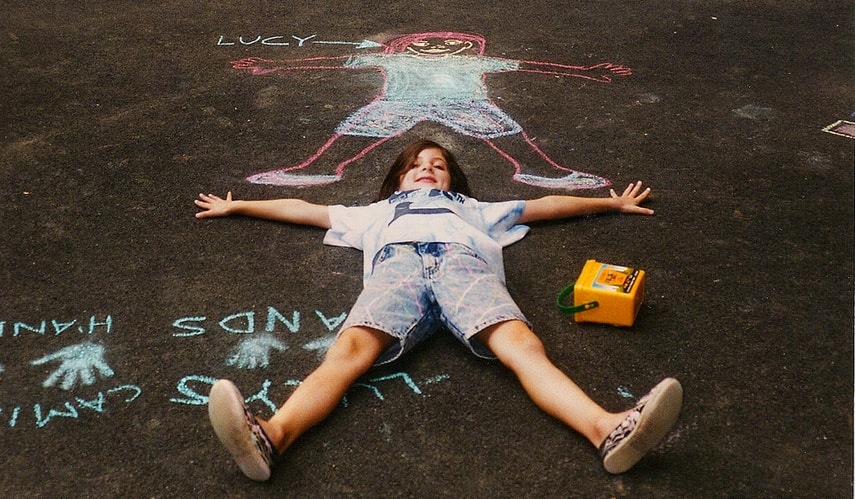

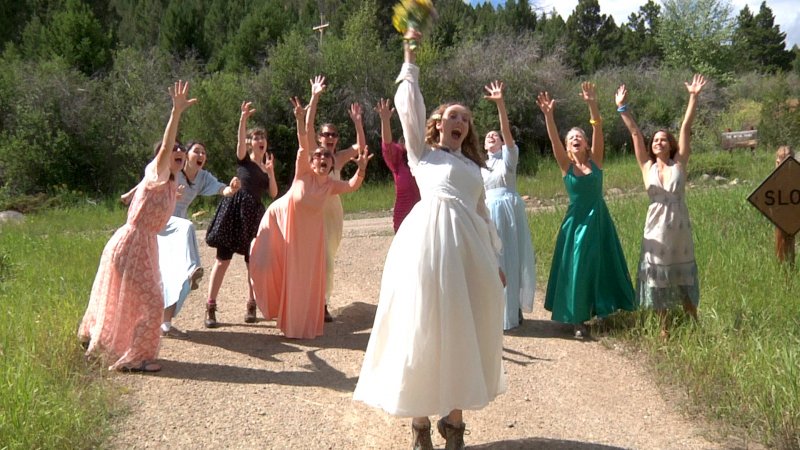
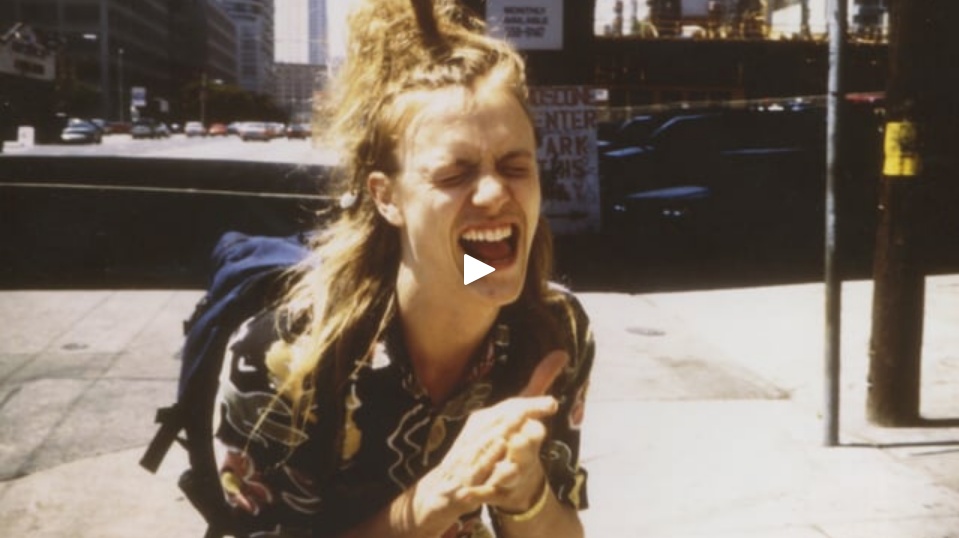
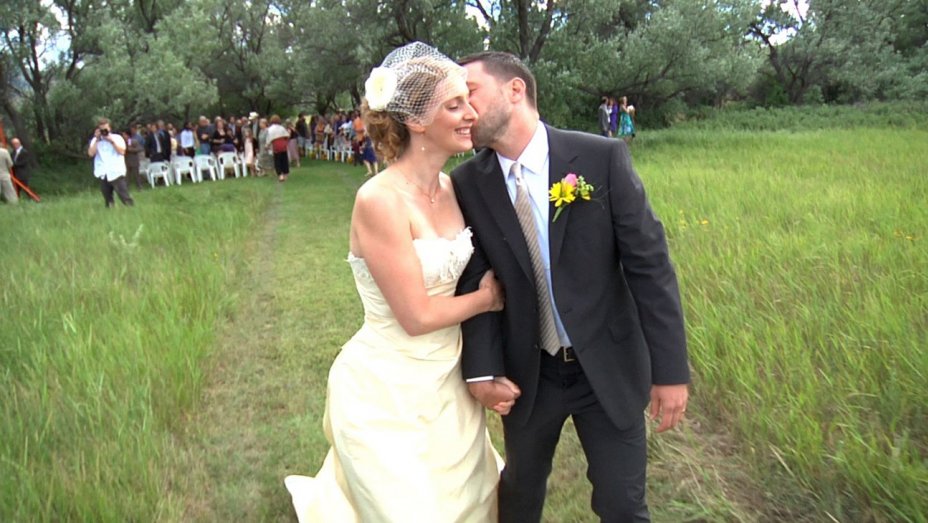
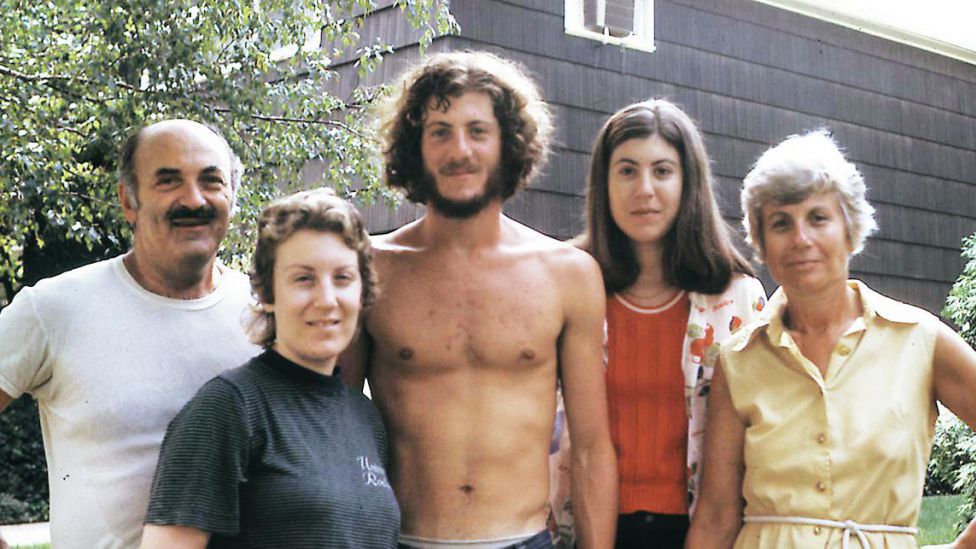
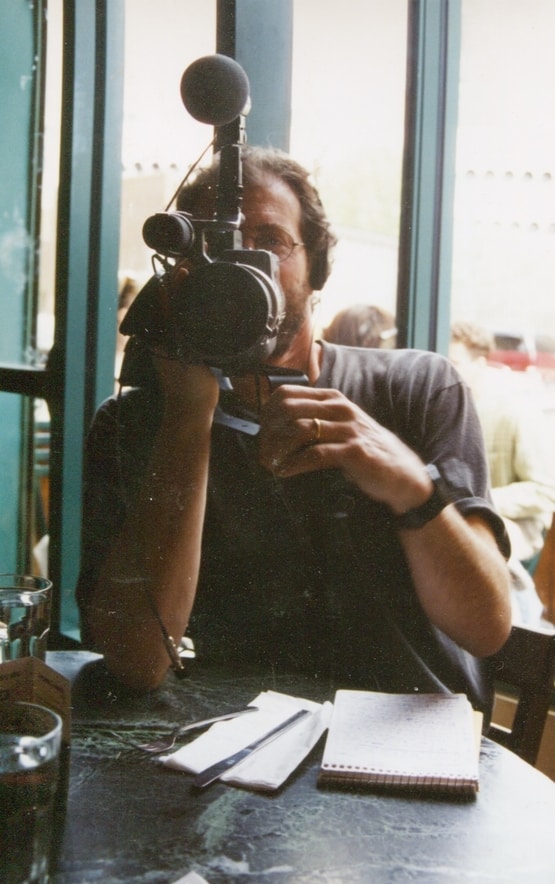
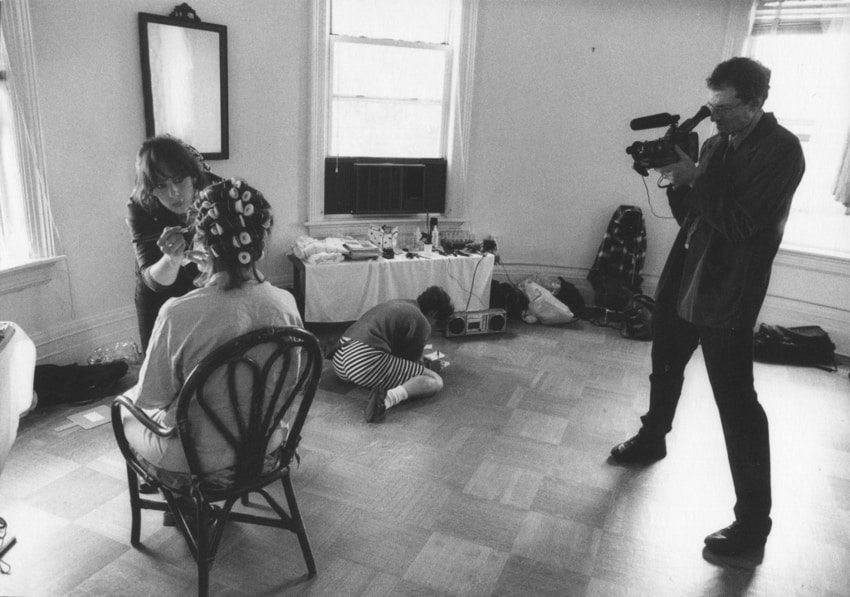
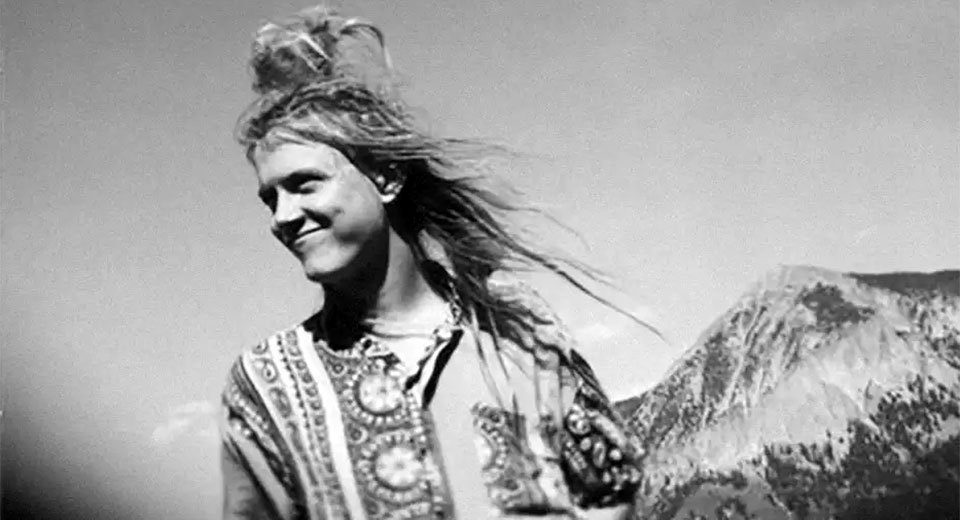

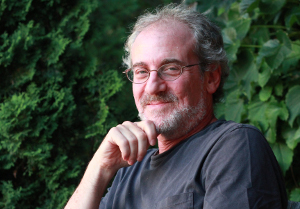
No comments:
Post a Comment